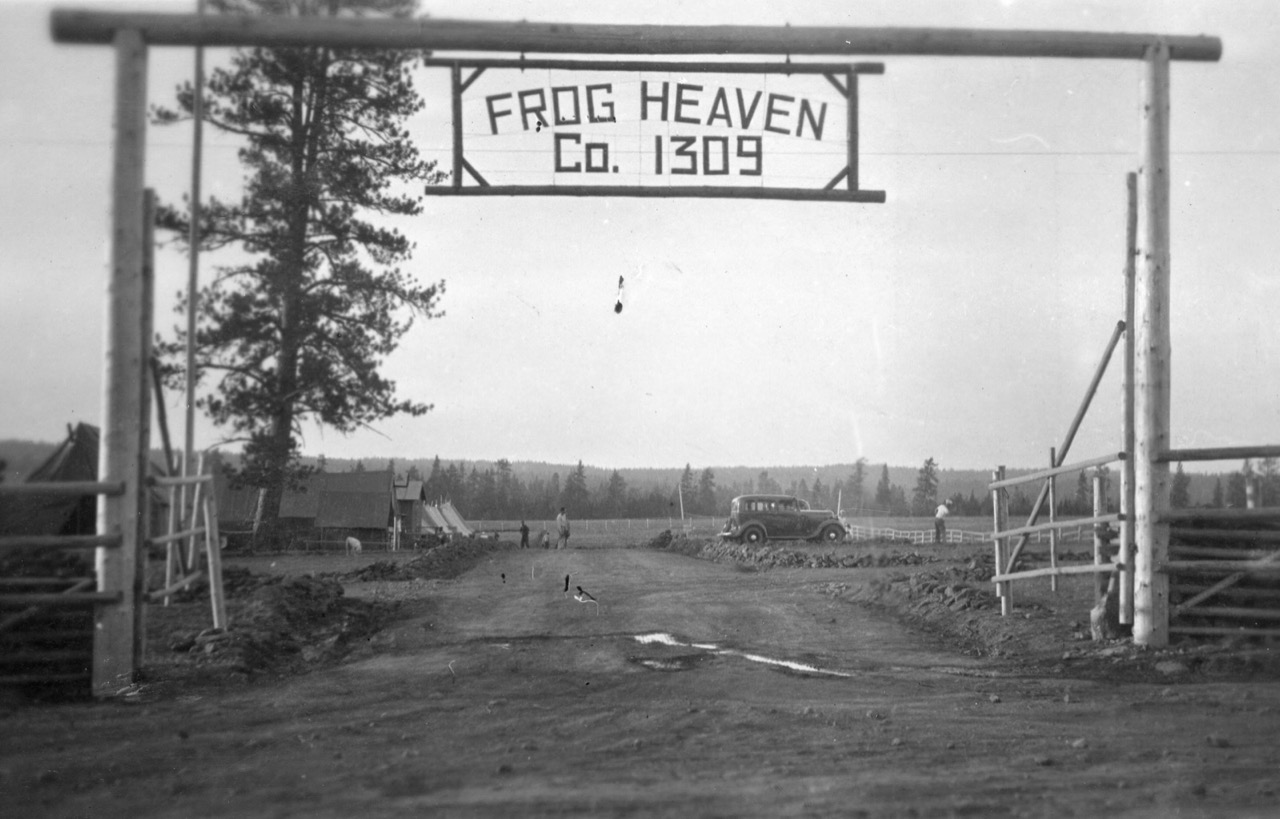This bit of commentary on a Zen koan grabbed my attention today:
A Zen master in deep samadhi visited heaven and hell after death. First he went to hell, where everyone was having dinner. They were all seated at long tables, facing one another. The tables were loaded with delicious food, but the chopsticks were over a meter in length, and try as they would, the people were unable to get the food into their mouths. There was a great commotion.
Next, the master went to one of the heavens (I think you know there are several heavens in Buddhism), and he found the people also seated around tables loaded with delicious food, just as in hell. Here, too, the chopsticks were exceedingly long, but everyone was using them very naturally, putting the food into the mouths of the people across the table! They were all enjoying the dinner, and the atmosphere was quiet and happy.
The story immediately brought to mind Milton’s immortal line from Paradise Lost:
The mind is its own place, and in it self
Can make a Heav’n of Hell, a Hell of Heav’n.
We’ve all experienced our own hells and heavens, often in the places we least expect them.
As Milton suggests, too many times these hells are created by an excess of self. Likewise, sometimes all it takes to turn that hell into heaven is to forget yourself and offer a hand to another being who is struggling beside you.
Heaven and hell are where we find them and (more often) where we make them.
